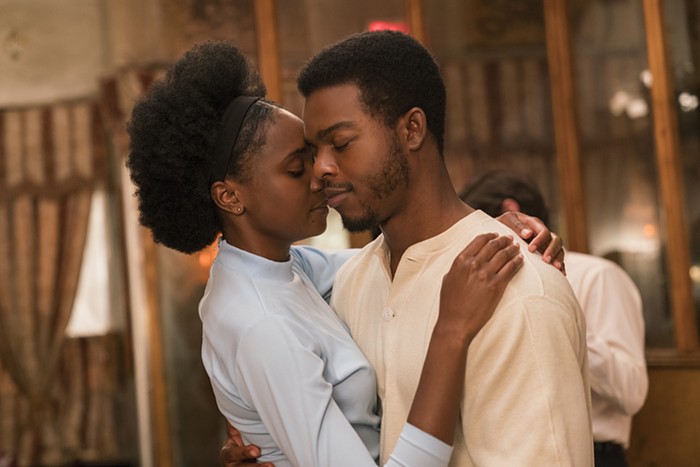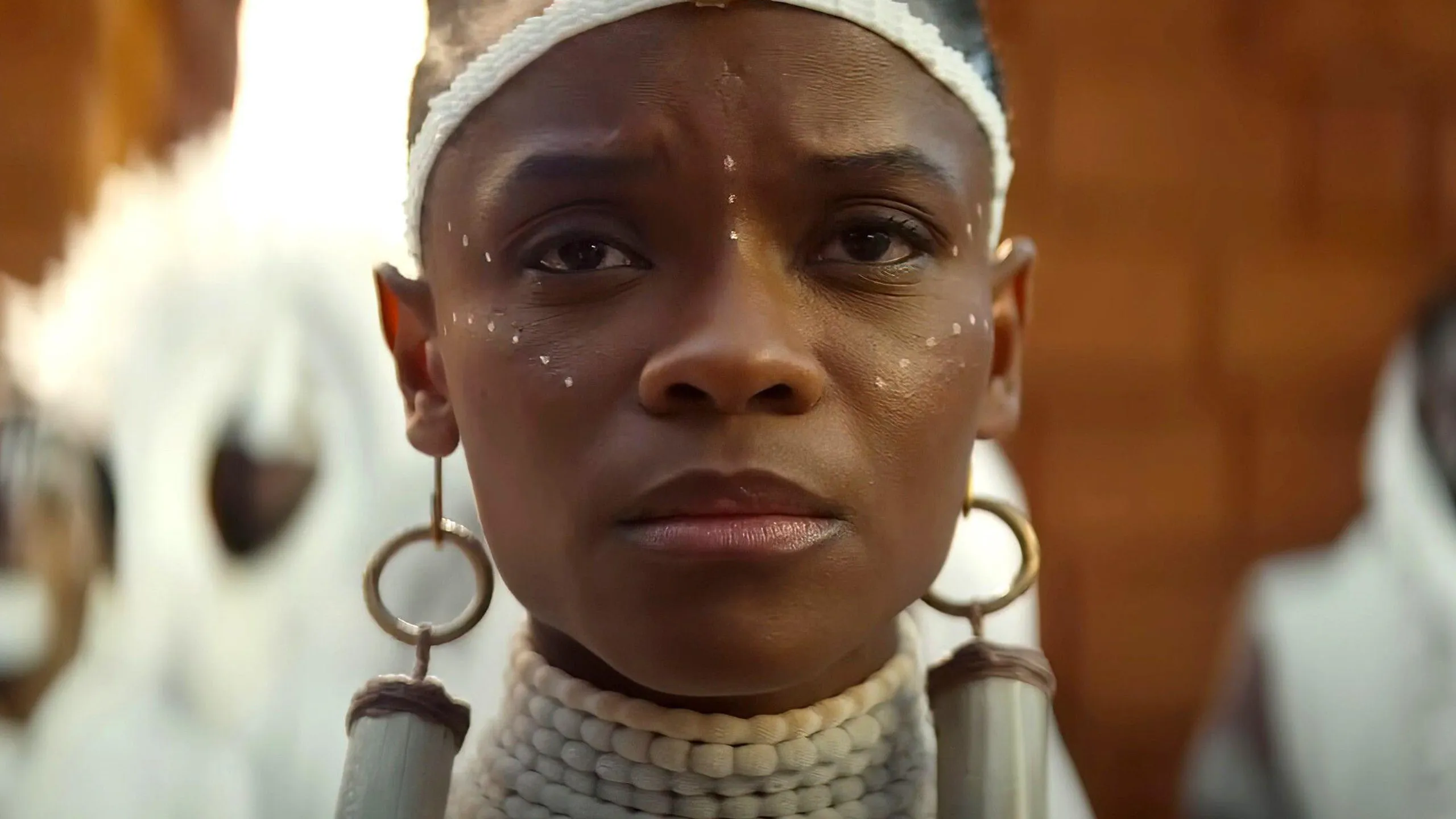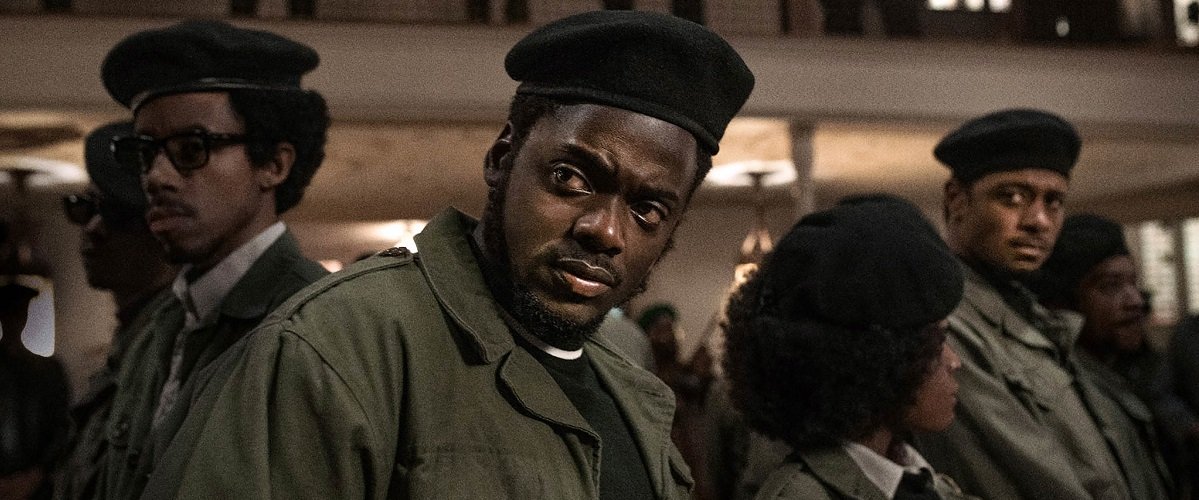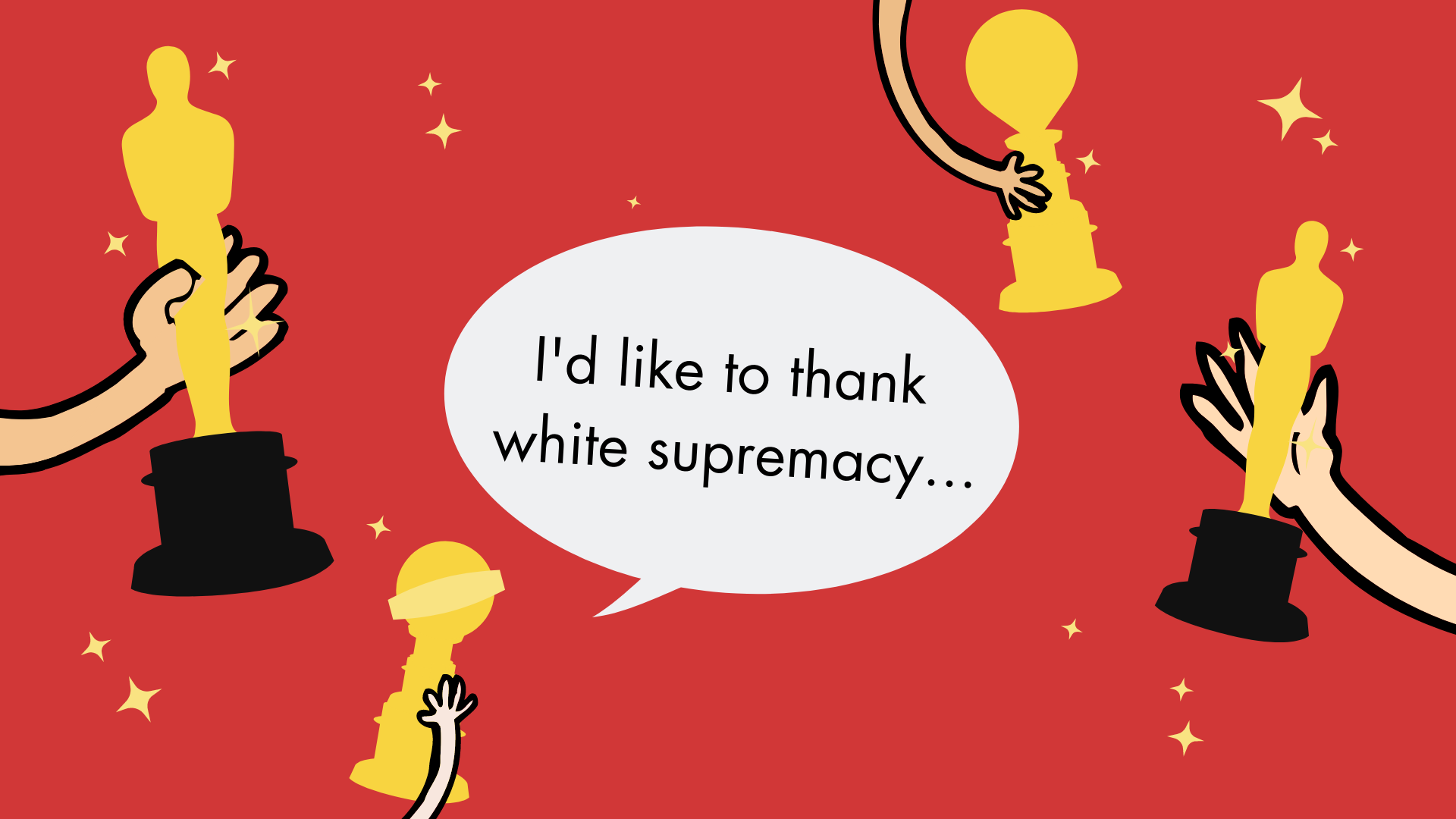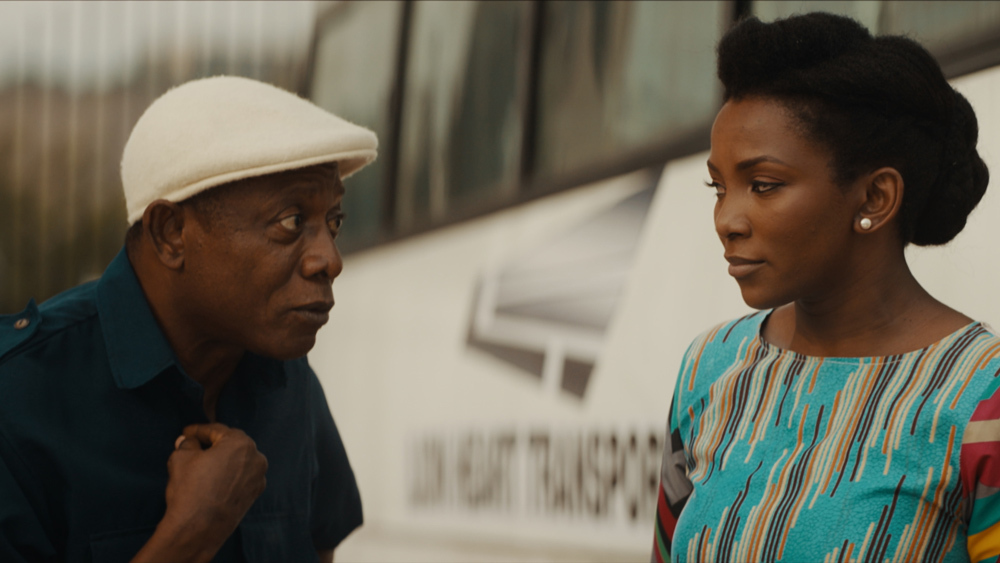
Image: lincolnblues on Flickr
After #OscarsSoWhite four years ago and the birth of #TimesUp just last year, the Academy of Motion Picture Arts and Sciences wanted to look more forward-thinking this year. Despite various controversies, from Kevin Hart to the Popular Film category, they almost succeeded. Here’s what we learned from the night:
1. No host is a great host.
This meant the show zipped along nicely, and only a few people were rudely muted when they ran overtime. What is normally a five-hour show was significantly shorter.
2. It was a great year for filmmakers and actors of colour.
Regina King, Mahershala Ali and Rami Malek took home acting awards, and Ruth Carter and Hannah Beachler took home Costume Design and Production Design awards respectively for their work on Black Panther. This is the first time Carter has won after two previous nominations, and Ali became only the second black man in history to win two acting Oscars, after Denzel Washington.
3. Hollywood was reminded yet again that representation matters.
In addition to Black Panther and Crazy Rich Asians, Spider-man, into the Spider-verse showed that kids seeing popular characters who look like them is important. African-American director Peter Ramsey reiterated this in his speech after winning Best Animated Feature.
4. Periods are important.
After one ignorant academy member called its subject matter, “icky”, it was great to see documentary short, Period. End of Sentence, win, with one of its creators saying: “A period should end a sentence, not a girl’s education.”
5. The lines between fact, fiction and controversy are very, very blurred.
Green Book and Bohemian Rhapsody, two films that have been shrouded in controversy over the last few months, won top awards at this year’s ceremony, but not without fanfare. Green Book (despite one of its screenwriters becoming embroiled in a controversy involving islamophobia, the director having admitted to flashing people on set and the white male lead Viggo Mortensen, using the n-word) took home three awards, including Best Picture and Original Screenplay. Bohemian Rhapsody, which has been the subject of straight-washing claims, took home technical awards in addition to Rami Malek’s acting win, despite absent director Bryan Singer’s more recent sexual assault accusations.
6. If Beale Street Could Talk, it would be incredibly confused.
There were only three nominations for Barry Jenkins’ third directorial feature, one of which Regina King won, and the other two – Adapted Screenplay and Best Original Score – of which at least Original Score seemed like a shoe-in with its soulful, jazzy tones and romantic and inescapably haunting sounds. Where were the rest of the nominations for this masterpiece?
7. Not everything is a sure bet.
If someone had bet their life-savings on Glenn Close winning the award for Actress in a Leading Role, no one would have blinked. After seven nominations, it felt like it was Glenn’s time to win, and yet British actress Olivia Colman took home the win. Meanwhile Green Book winning Best Picture shocked pretty much everyone – including Spike Lee, who made for the doors but was asked to remain.
Given all the controversy surrounding the film, including its basis being a rather large extension (or rather fabrication) of the truth, and anyway, aren’t we all tired of films about white redemption, where a racist person spends time with a upper/middle-class PoC and then decides/realises that actually hey, these guys aren’t so bad? Critics and journalists were expecting Alfonso Cuãron’s semi-autobiographical Roma to take the win, or even Black Panther or The Favourite to sneak by, but the Academy showed its true colours (pun intended).
8. People FINALLY got their dues.
The picture of Spike Lee wrapping his legs around Samuel L. Jackson upon winning his first, and long overdue Academy Award for Best Adapted Screenplay will be likely reposted, retweeted and shared for years to come as a beautiful example of black boy joy.
Spike Lee jumping on Samuel L. Jackson is the best moment of the night #Oscars pic.twitter.com/1gymDMkDp3
— Mashable (@mashable) 25 February 2019
His rousing and racially charged speech was inspiring and even had the leader of the United States in his feelings. Regina King’s years of sublime acting also paid off in the form of an Award for Actress in a Supporting Role for her beautiful performance in If Beale Street Could Talk.
9. The Academy is moving, but not everyone is going in the same direction.
If the interview with the unnamed voting academy member taught us anything (other than the person’s voting was based more on who they liked than performance, and that they think white people using the n-word is okay if it’s in a context that they think is suitable), it’s that academy voters don’t actually watch all the films that are nominated, and often vote on what they hear about rather than what they see. They’re still sceptical about films you can’t see in the cinema, despite how great they can be for people with accessibility issues, which may have cost Roma its Best Picture win. Public controversy doesn’t always affect a film’s ability to win, even though Vice took home only one win out of eight nominations, as a politically polarising film about a public figure who is still alive. Meanwhile the idea of Black Panther as a best picture winner was good for the Academy’s self-promo as a forward-thinking institution, in theory, they don’t seem to take it seriously as a film that explores complex themes such as immigration and refugees, poverty, morality, wealth and war, simply because it’s a superhero film made by Marvel.
The Academy isn’t giving out career Oscars anymore. Glenn Close and Sam Elliot might be long overdue after stellar careers, but Olivia Colman and Mahershala Ali (who should have been billed as an actor in a leading role) gave stronger performances, and the Academy is finally recognising that they need to reward the performance, not the person.
And although there has been more love for smaller indie films in recent years, there are still so many missing – where was Boots Riley’s Sorry to Bother You? Overall, there needs to be a better effort to recognise that just because a film has momentum and money behind it, it doesn’t necessarily mean it’s the best picture.


